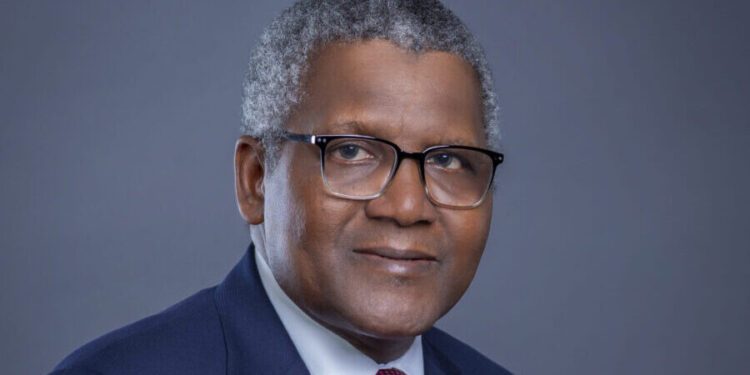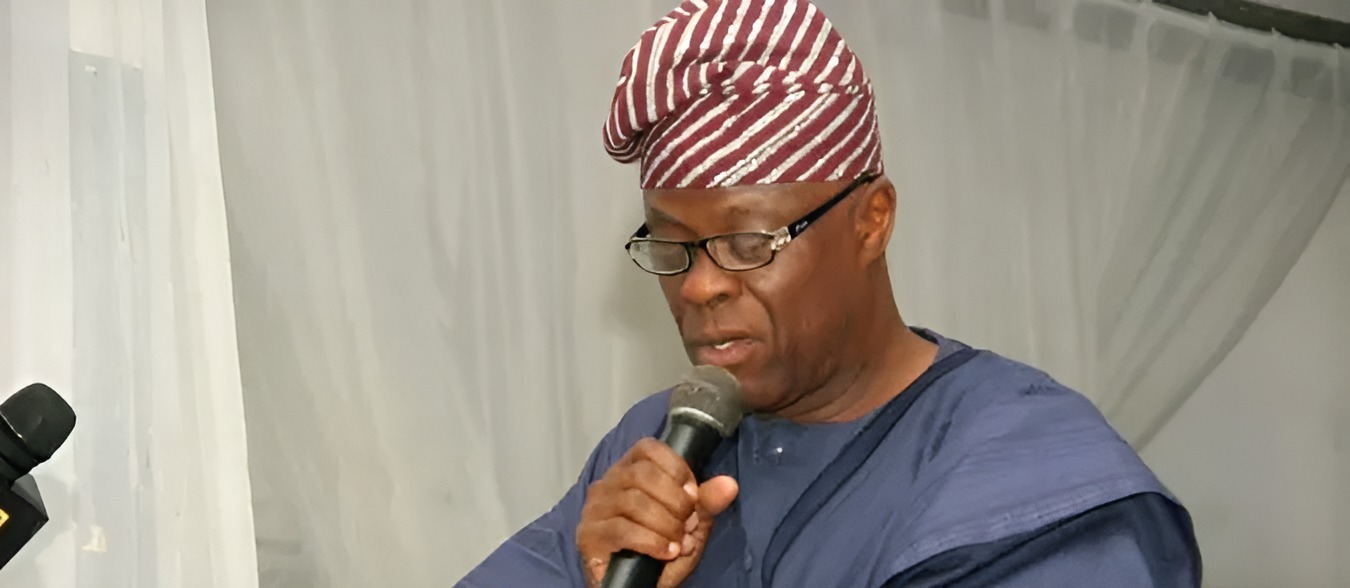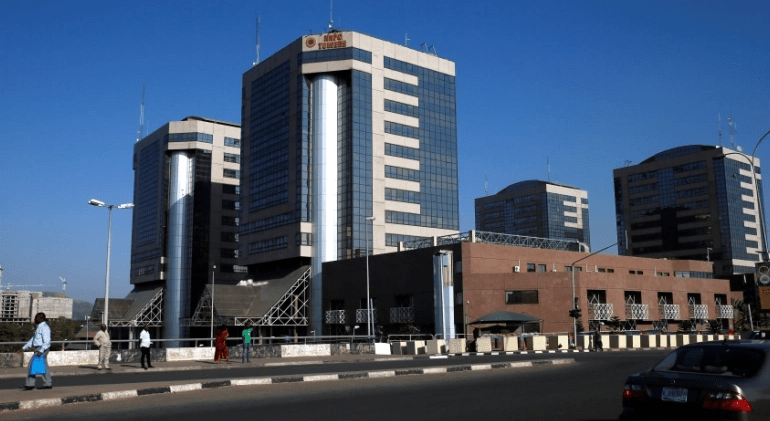Adedayo Akinwale in Abuja
The Economic and Financial Crimes Commission (EFCC) has lamented that speculative earnings, unverified transactions and poor oversight in the oil and gas industry have entrenched inefficiency and corruption in public finance.
Its Chairman, Ola Olukoyede, stated this on Tuesday in Abuja at the National Conference on Public Accounts and Fiscal Governance organised by the Senate and House of Representatives Public Accounts Committees (PACs).
Olukoyede, who was represented by the Director of Public Affairs, Wilson Uwujaren, added that non-compliance with financial regulations, approval of spending beyond official limits, diversion of public funds to private accounts, and the padding of budgets to accommodate projects with no real developmental value continued to threaten Nigeria’s fiscal integrity.
He also cited digital manipulation of government platforms such as the Government Integrated Financial Management Information System (GIFMIS) and the Integrated Payroll and Personnel Information System (IPPIS), which have become tools for payroll fraud in some Ministries, Departments and Agencies (MDAs).
Olukoyede noted: “Opaque financial reporting, especially in the oil and gas sector, where earnings remain speculative rather than factual, is one of the most disturbing vulnerabilities in our system. These weaknesses feed corruption and erode public trust.
“Despite years of reforms and development plans, the gap between policy intent and public impact remains wide. We must move from paper reforms to institutional enforcement.”
On asset recovery, Olukoyede revealed that the anti-graft agency has returned trillions of naira in monetary assets to the national treasury, including what he described as “the largest real estate asset recovery in Nigeria’s history” which was the 750 duplexes seized in Abuja.
He added that funds recovered from various corruption cases have been redirected into key national initiatives such as the Nigerian Education Loan Fund (NELFund) and the Consumer Credit Scheme (CREDICORP).
Olukoyede noted that the agency was working with the Federal Ministry of Housing to convert seized properties into affordable housing for low-income Nigerians.
Despite these achievements, Olukoyede emphasized that the real work lies ahead.
He called for the institutionalization of real-time digital budget and project tracking, public access to expenditure data and a strengthened whistleblowing system.
“We must close procurement and payroll loopholes through robust automation and active citizen participation. No system will work without the right people. That’s why we’re pushing for integrity testing for all public officers across MDAs,” he said.




